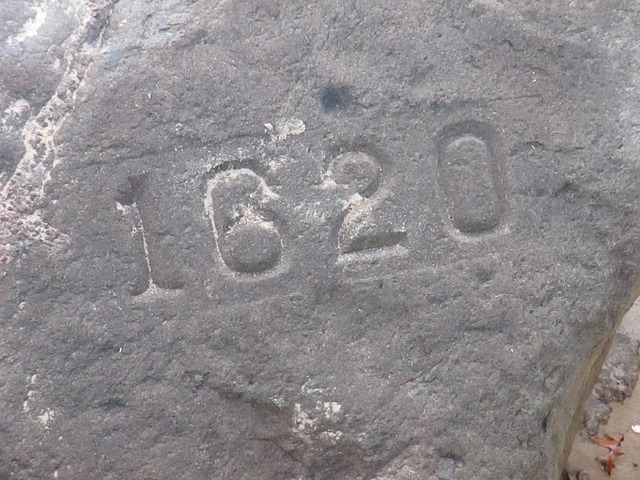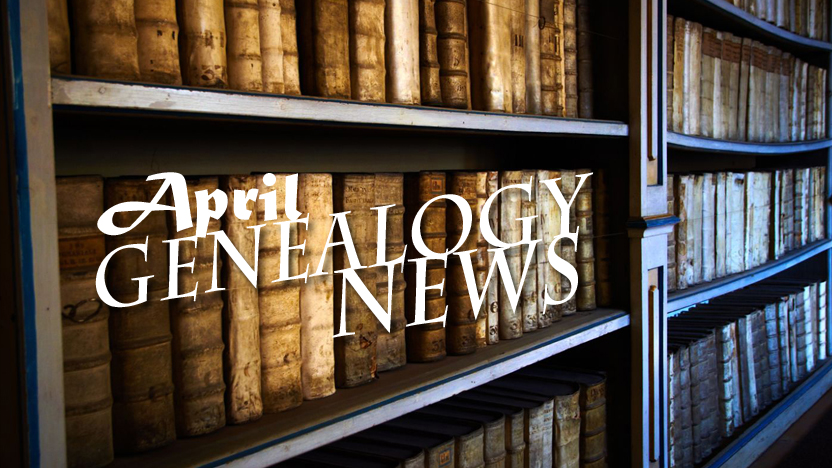In 1620, Pilgrims fleeing the religious persecution in England landed in what is now Plymouth, Massachusetts. Everyone knows the name of their ship: the Mayflower. Since this is such a large event in the history of the United States, a lot of modern Americans want to find a connection to the initial colonizing efforts. And many of them do! Researchers estimate that there are are over 35 million direct descendants of the Mayflower passengers. These 51 are the verified Pilgrims who still have direct descendants today:
- John Alden
- Bartholomew Allerton
- Isaac Allerton
- Mary (Norris) Allerton
- Mary Allerton
- Remember Allerton
- Elinor Billington
- Francis Billington
- John Billington
- William Bradford
- Love Brewster
- Mary Brewster
- William Brewster
- Peter Browne
- James Chilton
- Mrs. James Chilton
- Mary Chilton
- Francis Cook
- John Cooke
- Edward Doty
- Francis Eaton
- Samuel Eaton
- Sarah Eaton
- Moses Fletcher
- Edward Fuller
- Mrs. Edward Fuller
- Samuel Fulle
- Samuel Fuller (son of Edward)
- Constance Hopkins
- Elizabeth (Fisher) Hopkins
- Giles Hopkins
- Stephen Hopkin
- John Howland
- Richard More
- Priscilla Mullins
- William Mullins
- Degory Priest
- Joseph Rogers
- Thomas Rogers
- Henry Samson
- George Soule
- Myles Standish
- Elizabeth Tilley
- John Tilley
- Joan (Hurst) Tilley
- Richard Warren
- Peregrine White
- Resolved White
- Susanna White
- William White
- Edward Winslow
Finding a connection to one of these people, naturally, makes for a pretty great story. And working to find that connection can help you get a very accurate, detailed family tree back to the 1600s in America. Even trying makes this a win-win situation!
Finding Your Ancestors
Usually, people who are interested in finding out if they’re connected to the Mayflower have family stories telling them so. The first step is to write down what details you can remember of these stories. Which ancestors does your family claim a connection to? That can give you a name to look for as you start searching.
If you have the same last name (or if your mother’s maiden name is the same), this is also a great start for finding your Pilgrim ancestors. This means you’ll likely have a direct line if you can prove it!
Second step: Check your family history as they enter the United States and Canada. Should the records stay in America past the mass immigration around the turn of the 20th century, you have a pretty good chance of being related to one of the passengers.
Many societies have a lot of resources regarding Pilgrim ancestors. One is the complete passenger list and three generations of their descendants, provided by The Society of Mayflower Descendants in the Commonwealth of Pennsylvania.
Verify the Sources
Don’t rely solely on your family’s oral history! While this can give you a great start to your research, stories like these can confuse details, give incorrect detail, or leave out parts of maternal histories. You’ll need to verify this through careful research and primary sources. Many of the societies out there for descendants of the Mayflower passengers will require this, and won’t go off of hearsay.
Speaking of primary sources, cite them! Keeping track of where you got information allows your future family to verify for themselves in case of question or errors.
So You’re a Mayflower Descendant … Now What?
If you can prove that you are a direct descendant of a Mayflower passenger, you can join The Mayflower Society. You must prove your direct descent from one of these 51 possible ancestors. Note that The Mayflower Society will want primary sources and possibly original documents or their scans.
Even if you choose not to join, you can reach out to other communities of Pilgrim descendants. You can share sources with one another, helping your distant cousins connect to you and to their ancestors.
You may also be able to link your family history to other major American events, like the American War of Independence.
Have you found any ancestors among the Mayflower Pilgrims? Let us know how you came across them and share your stories with us!



